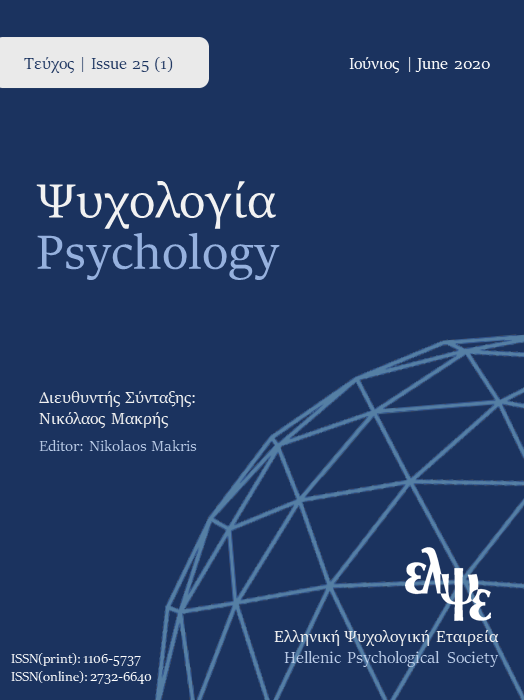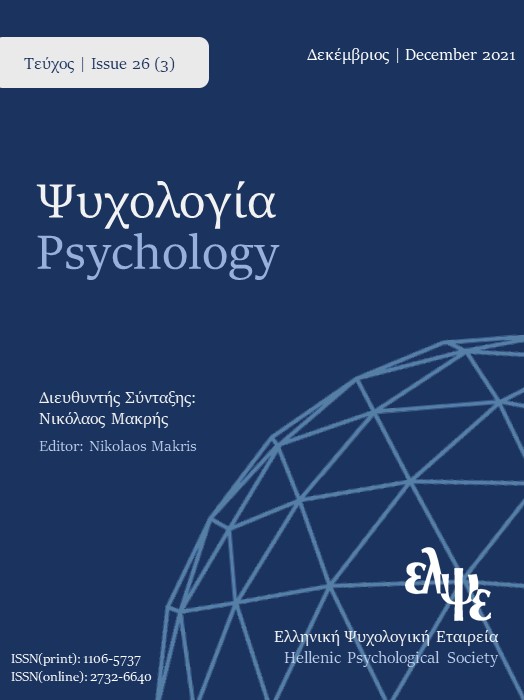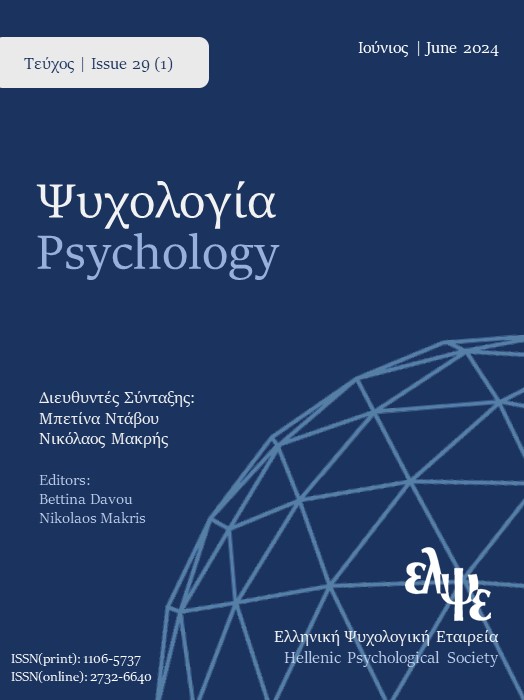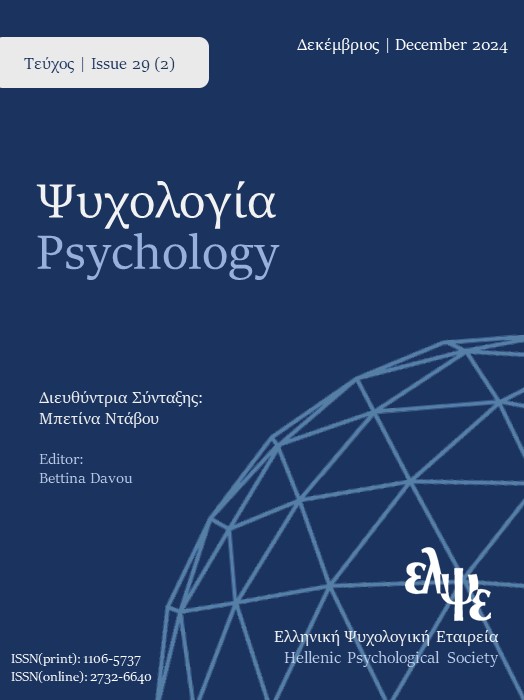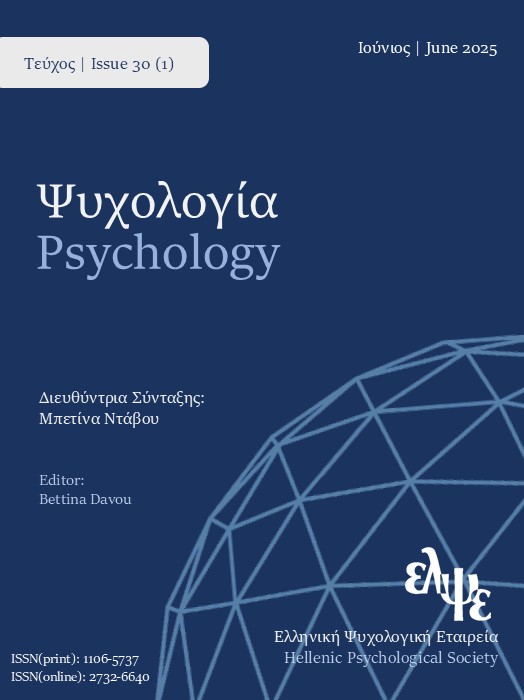Personality, family relationships and school climate dimensions as predictors of dispositional forgiveness in adolescence
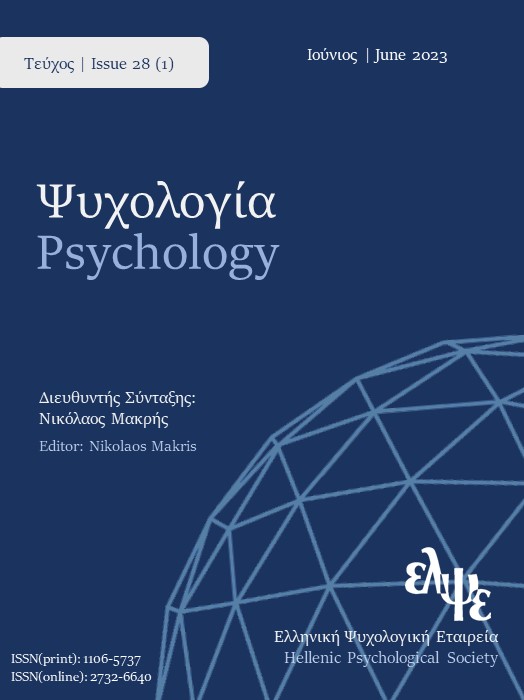
Abstract
The mental health benefits of forgiveness are well-established in the literature. The growing research on dispositional forgiveness in adolescence is indicative of the need to better understand its role in youth’s well-being. In order to examine dispositional forgiveness in adolescence, measures regarding Big 5 personality factors (individual level), family relationships, school climate (system level), and sociodemographic variables at an individual and system level were used. Participants were 1,378 adolescents attending junior and senior high schools located in the broader area of Attica, Greece, randomly selected. Younger age, lower levels of neuroticism, and higher levels of extraversion, agreeableness and quality communication with the mother predicted higher forgiveness of self. Higher levels of openness to experience, agreeableness, quality communication with the father, positive behavior, positive attitude, and lower levels of lack of respect in the school predicted higher forgiveness of others. Finally, lower levels of neuroticism, higher levels of extraversion, agreeableness, and positive behavior in the school predicted higher levels of forgiveness of situations. The findings highlight the important role of personality factors and indicate the significance of primary prevention interventions in the school community regarding school climate that could contribute to the promotion of dispositional forgiveness and well-being of adolescents.
Article Details
- How to Cite
-
Lampropoulou, A., Lianos, P., & Poulios, A. (2023). Personality, family relationships and school climate dimensions as predictors of dispositional forgiveness in adolescence. Psychology: The Journal of the Hellenic Psychological Society, 28(1), 176–194. https://doi.org/10.12681/psy_hps.29819
- Section
- RESEARCH PAPERS

This work is licensed under a Creative Commons Attribution-ShareAlike 4.0 International License.
The journal PSYCHOLOGY adopts a Platinum open-access policy. Submission, processing or publication costs are waived by the Hellenic Psychological Society. Papers published in the journal PSYCHOLOGY are licensed under a 'Creative Commons Attribution-ShareAlike 4.0 International' licence. The authors reserve the copyright of their work and grant the journal the right of its first publication. Third-party licensees are allowed to use the published paper immediately after publication as they wish, provided they retain the defined by the license copyright formalities, regarding the reference to its author(s) and its initial publication in the journal PSYCHOLOGY. Moreover, any adjusted work should be shared under the same reuse rights, so with the same CC license.



